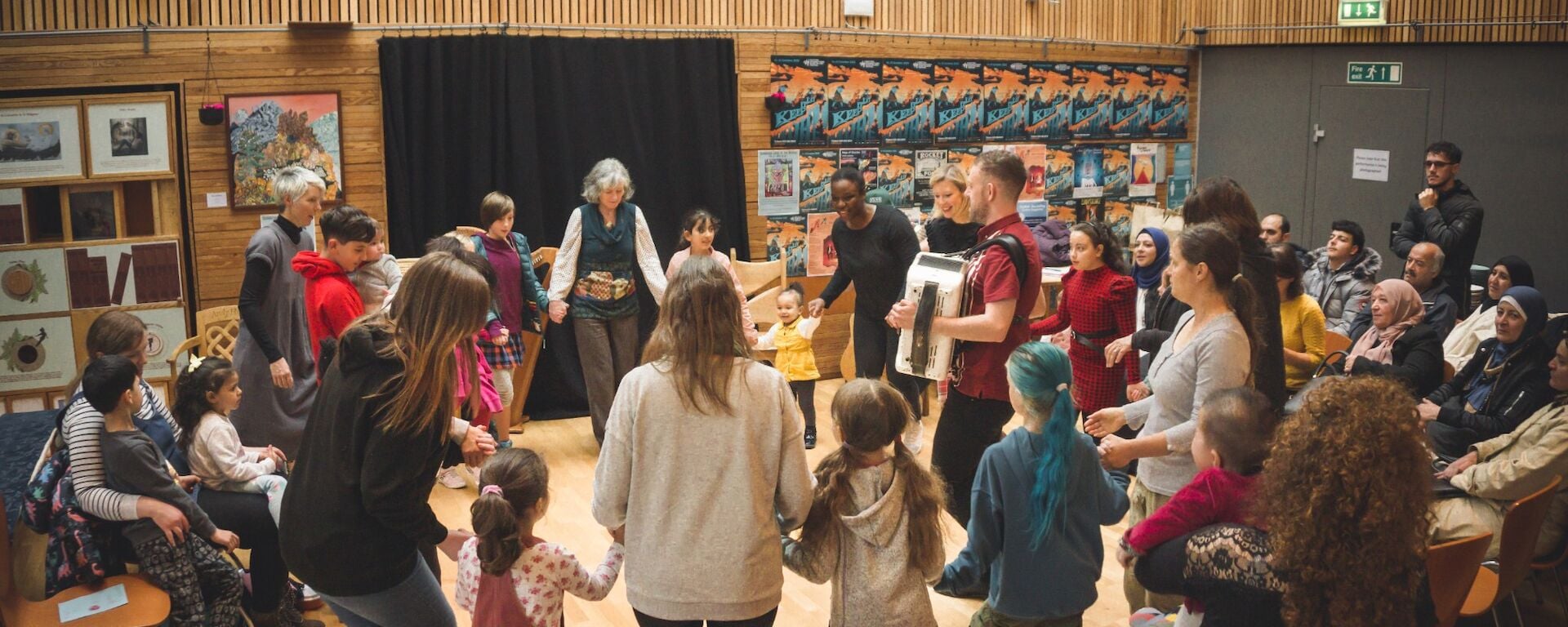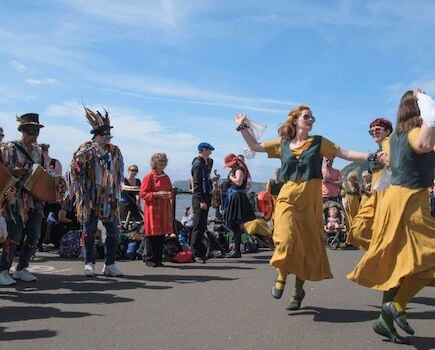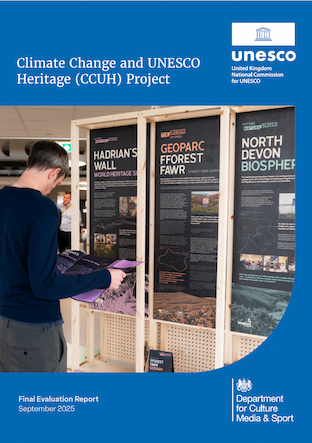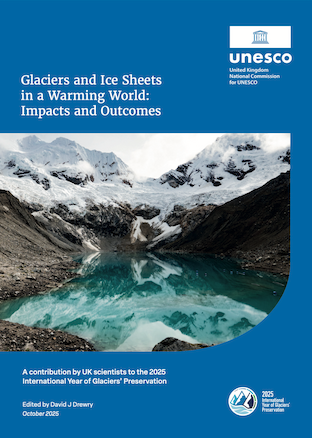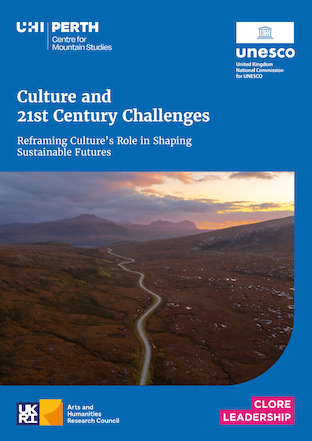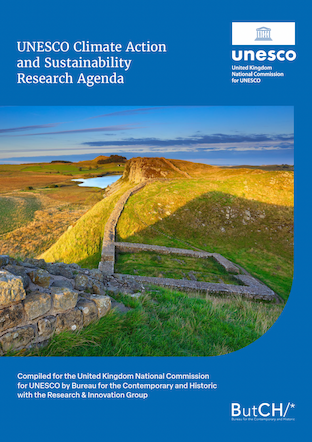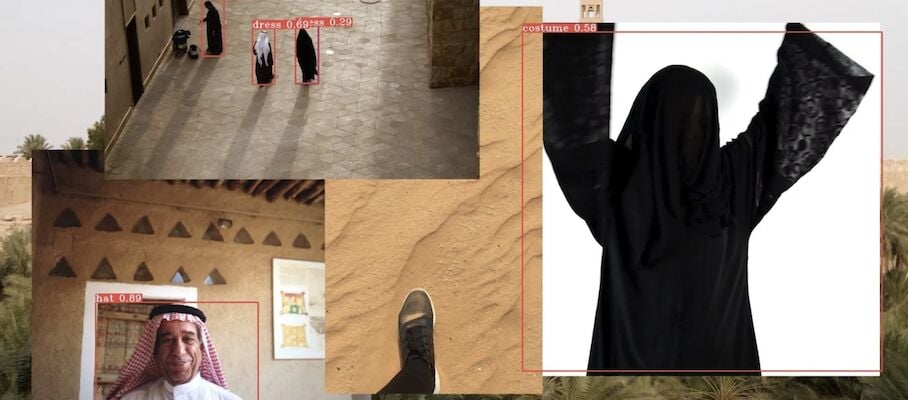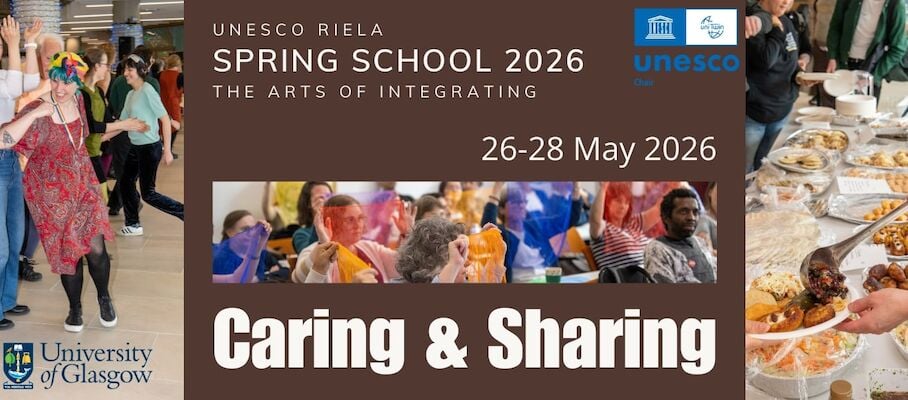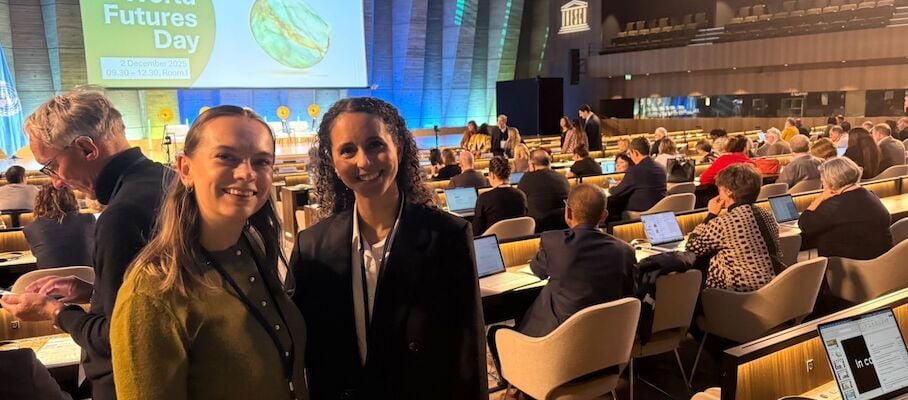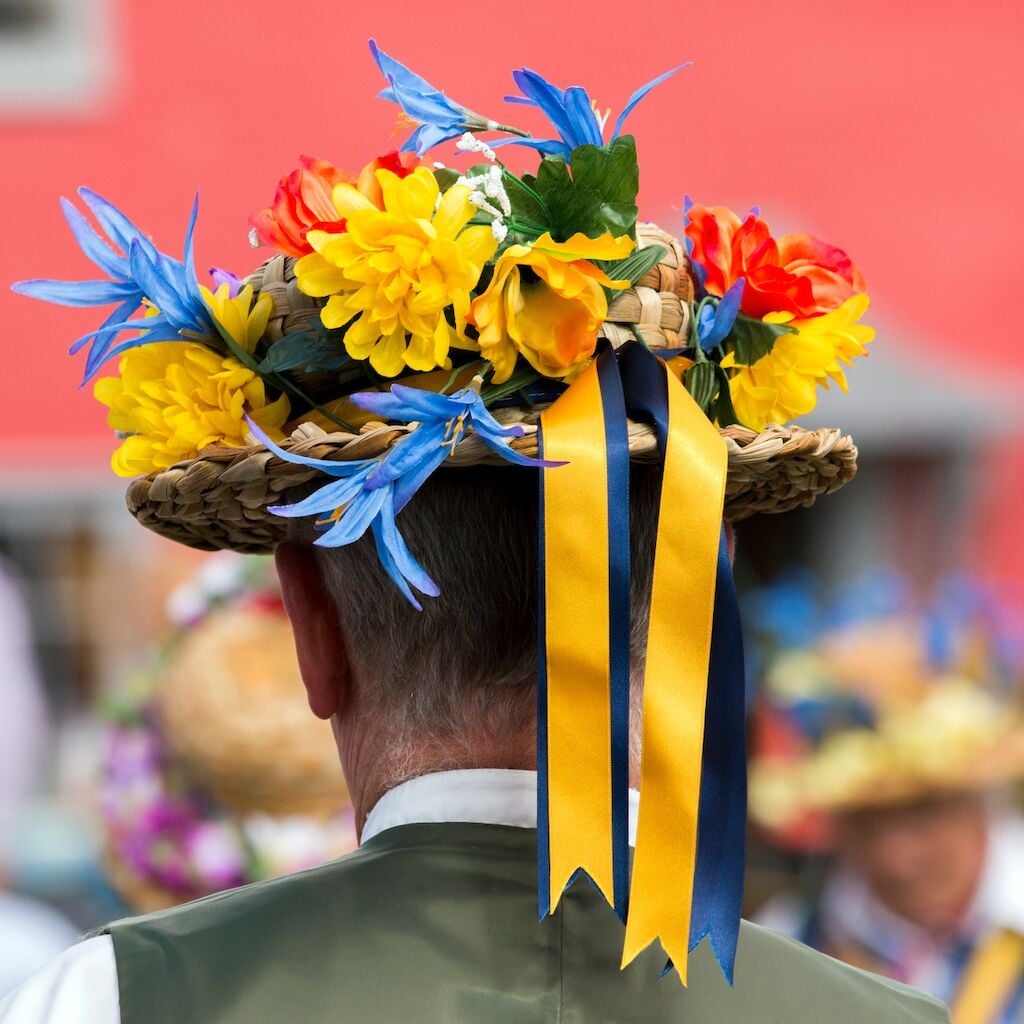
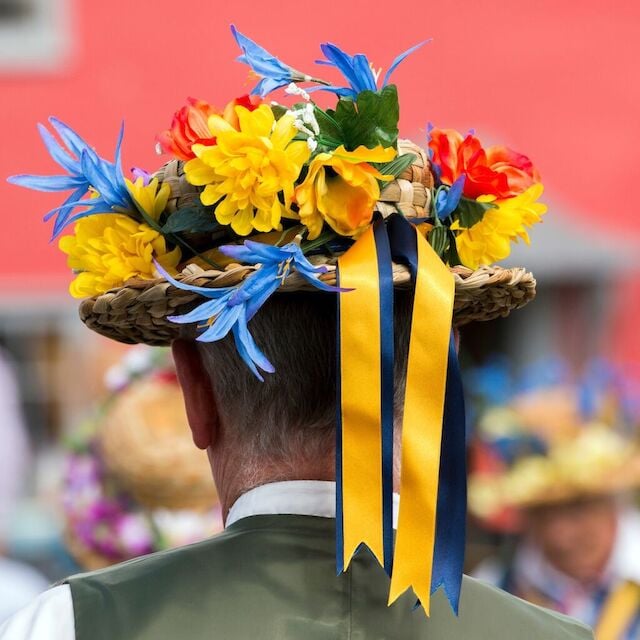
Communities across the UK are invited to submit their most treasured traditions to a new inventory of living heritage.
The UK-wide inventory will spark a national conversation about the crafts, customs and celebrations valued by communities, helping to safeguard them for future generations. Visit our new Inventory using the link below.
Explore Our Network
UNESCO Sites in the United Kingdom and its Overseas Territories and Crown Dependencies are destinations of world-class standard. They tell the story of the British Isles in an unparalleled way: its creation, formation, biodiversity, occupation, invasion, monarchy, religion, industry, culture, scientific invention and creativity.
Each of the types of UNESCO designation - Biosphere Reserves, Creative Cities, Global Geoparks and World Heritage Sites – play a vital role in the future of our societies and planet.
Start your journey of exploration

Our Impact
Our work aligns to UNESCO core programme areas of education, the sciences, culture and communication & information, and contributes to the achievement of the 17 UN Sustainable Development Goals, defined in the 2030 Agenda.
Explore our Resources
From major research studies to strategy documents, toolkits to accreditation guidance, maps to factsheets, our Resource Centre is the place to find the information you need.
Enter our Resource Centre

Get Recognised
There are many ways to be accredited by UNESCO in the UK: designated site status, patronage, prizes, or becoming a member of our expert network.
Explore the ways to be accredited